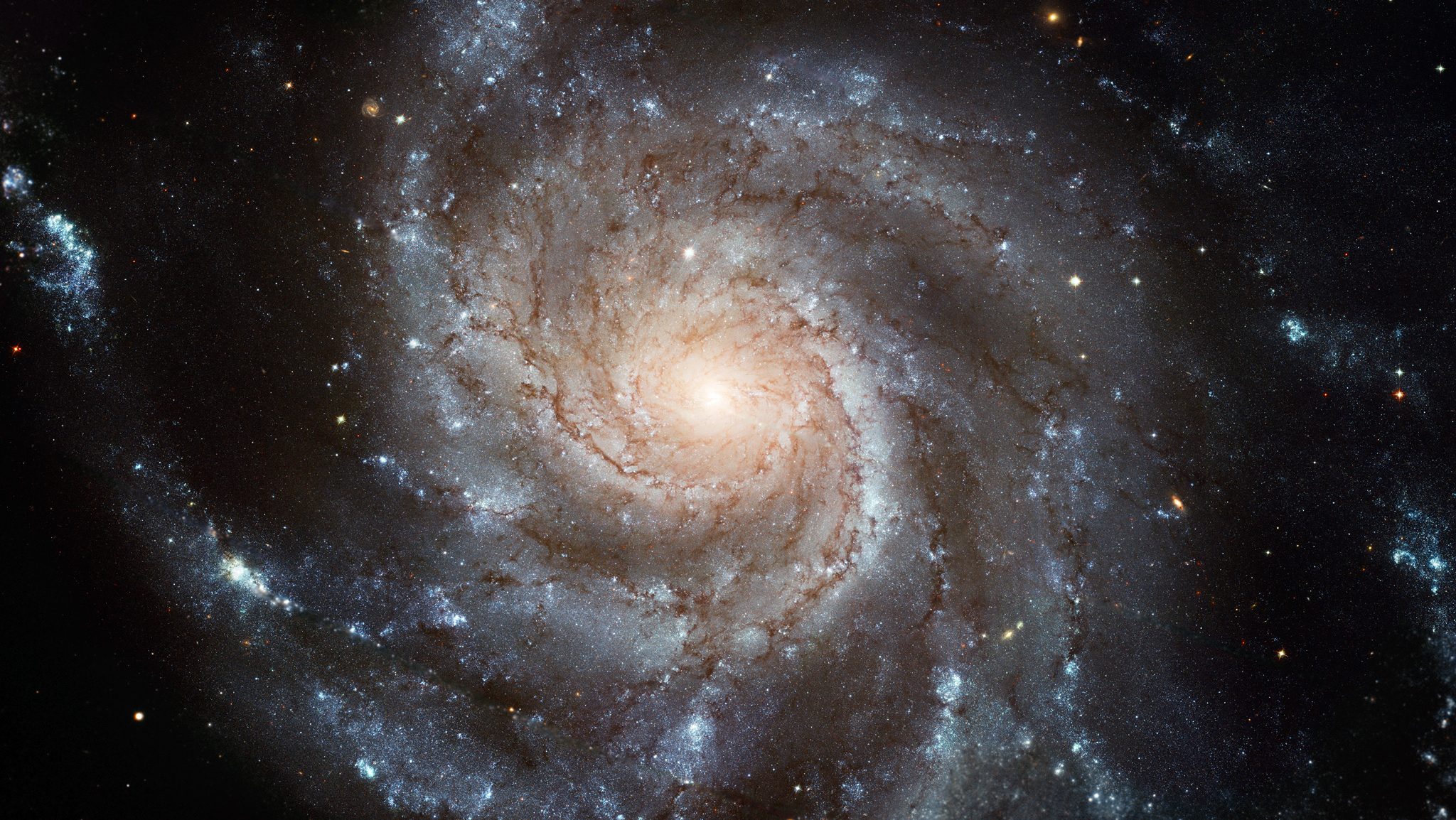Will Privacy Ever Be A Right Again?

To what degree are you allowed the privacy to grieve the loss of a family member? Christos Catsouras found out in October 2006. His 18-year-old daughter, Nikki, died after slamming her father’s car into a concrete tollbooth in southern California. The police thought the official photos so gruesome and tragic that they would not release them to the family.
A problem occurred when two employees decided to email the photos to friends for ‘pure shock value,’ as written by Jeffrey Toobin in his latest New Yorker article, ‘The Solace of Oblivion.’ Within days the photos were on thousands of websites.
Toobin investigates this case—ultimately settled with a $2.4 million award to the Catsouras family in 2012, though the photos are still online—to discuss an important issue that few contemplate unless they’re directly affected: What happened to our right to be left alone?
Culturally we’re fascinated by those who live off the grid, as evidenced in a recent GQ article on the ‘North Pond Hermit.’ Christopher Thomas Knight decided to walk into the Maine woods in 1986 and never returned, evading police detection for nearly three decades, surviving from occasional break-ins of local cabins and homes. Beyond the question of legality—living in the woods isn’t illegal per se, but stealing is—is the sheer dedication of his refusal to live in society. We’re nervously delighted, knowing that could never be us.
Knight is obviously an outlier. At this point, most any friend not on social media strikes us as strange. No Facebook? Twitter? Pinterest? Nothing? Ello, who’s in there? We’re constantly reminded of privacy when faux Facebook declarations appear in our feed and yet do very little to actually protect our own. It’s the price we pay to be social.
Or is it? This is the question Toobin puts forward when looking at how privacy plays out in other countries. Very differently, as it turns out. While Catsouras was unsuccessful at removing his daughter’s photographs from all those sites, most that he personally contacted took them down. He received no help from Google, however.
The idea of Google being an all-knowing eye in the sky, a la Dave Eggers’ The Circle, turns out to be territorial. A European Court of Justice ruling in favor of a lawyer named Mario Costeja González earlier this year seems to have set a precedent.
In 1998, Toobin reports, the Spanish newspaper La Vanguardia published two small articles in regards to González’s financial difficulties. He later cleared them up but Google searches of his name persisted. In 2010 the lawyer went to the authorities to have the articles taken offline since they continued to plague his business. While the Court ruled that the paper could leave those notices online, it ruled that Google could no longer link to them.
While this sounds like a Herculean task, Google already has a simple solution on its property Youtube. Want to post a downloadable version of the new J Lo track? Thanks to strict copyright laws it will be taken down in minutes. The González case opened a floodgate in Europe—the company has received roughly 120,000 requests since, granting approximately fifty-percent of them.
While this case was not received enthusiastically by some—the downfall of the right to free speech is being invoked by advocates in the US—it has brought into question not only search engines like Google, but potentially social media sites. Facebook, for example, removes anything deemed pornographic immediately. You can remove your name in a tagged photo easily, but having that photo taken down is a process that can take days if it is even successful. That spam photo might come down quickly, but the photo of you splayed out on the sidewalk after having one too many? Not so much.
The real question, Toobin writes, is over the ‘right to be forgotten.’ In Europe, as the Court has shown, such privacy involves fundamental human dignity. The United States is proving otherwise: the second Google search result for Nikki Catsouras reveals the photographs the family has fought so hard to hide. Sure, you can blame the site’s owner for keeping such horrendous images online, but Google is playing no small part by allowing that link to live.
The Internet was supposed to bring the world together. It has certainly lived up to that ideal in certain regards. Social media has made us aware of an Arab Spring and an occupied Wall Street. It is also being used to frighten us with Ebola misinformation and ISIS propaganda. Like everything in existence, the Internet is a double-edged sword. The edge you find is often the one you’re seeking out.
What’s most frightening about this is the potential for numerous Internets sprouting up. In one sense, it’s already happening. Governments try to censor online usage all the time. Even still, American pornography is wildly popular in countries like North Korea and Pakistan. How cultural figureheads present their nation and who we are as human beings are often at odds. The Internet merely mirrors us in this regard.
But the right to information and the right to privacy are two separate things. You might not be able to find the González articles on google.es, but I found at least one quickly on good ol’ google.com. In an era where so many Americans want to be celebrated on reality shows and Instagram for accomplishing nothing more than thinking they deserve to be a star, there are plenty of humans who want nothing more than to shut down at night and sleep peacefully. Whether or not our legal system will ever support this possibility again remains to be seen.
Image: Gajus/shutterstock.com





